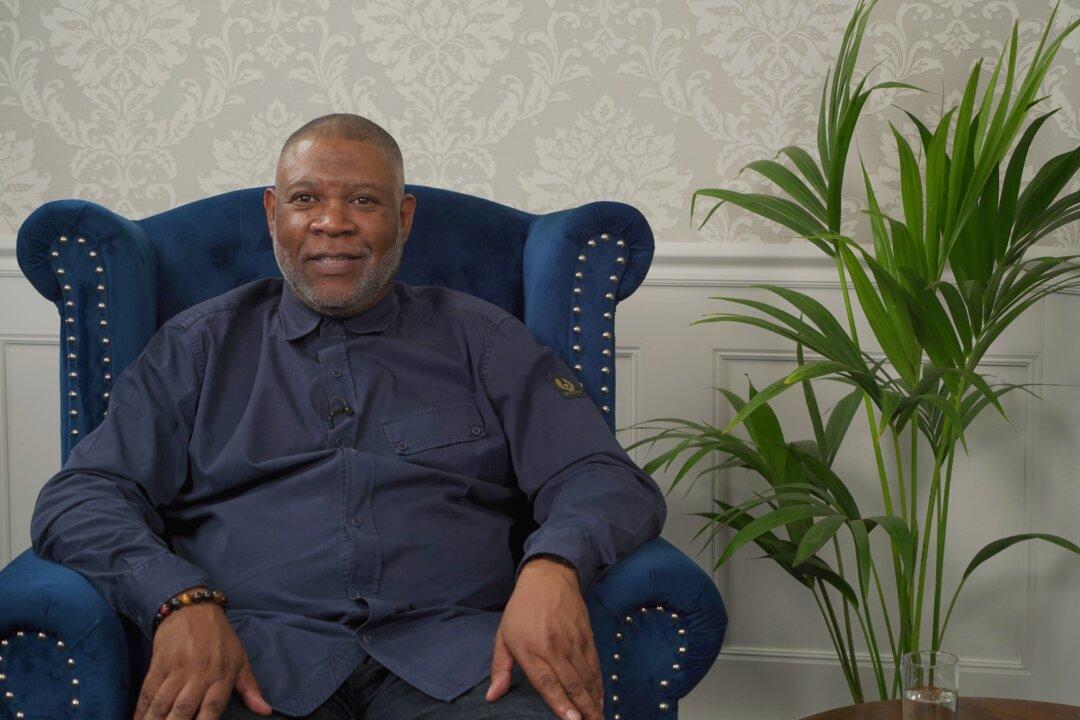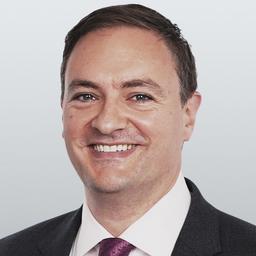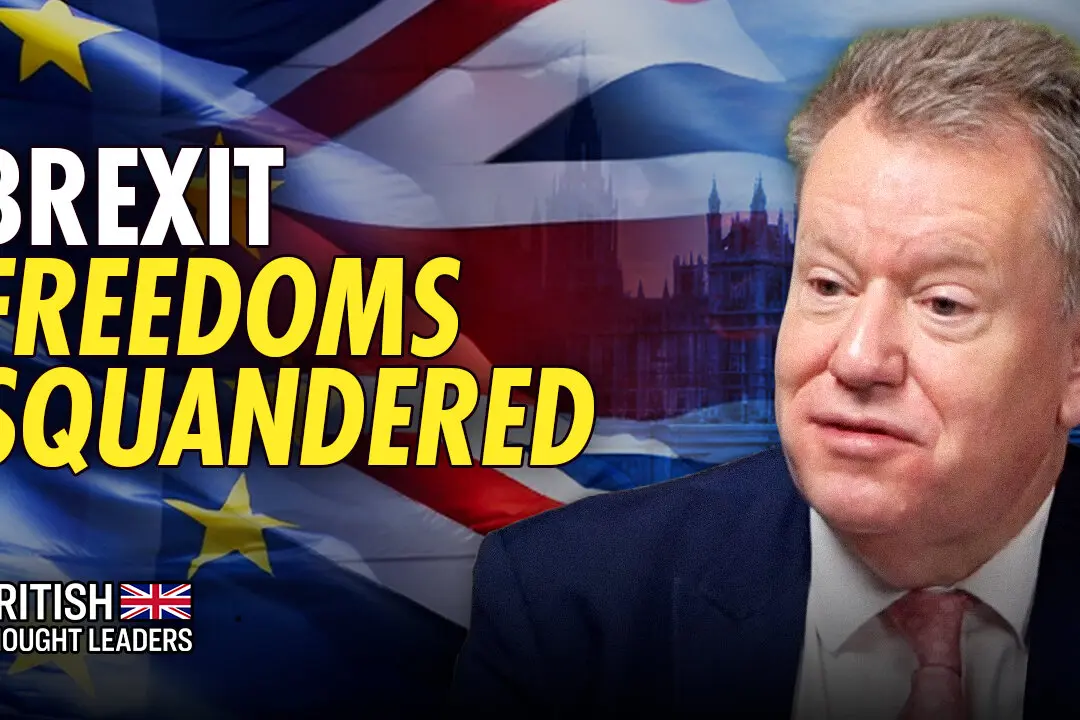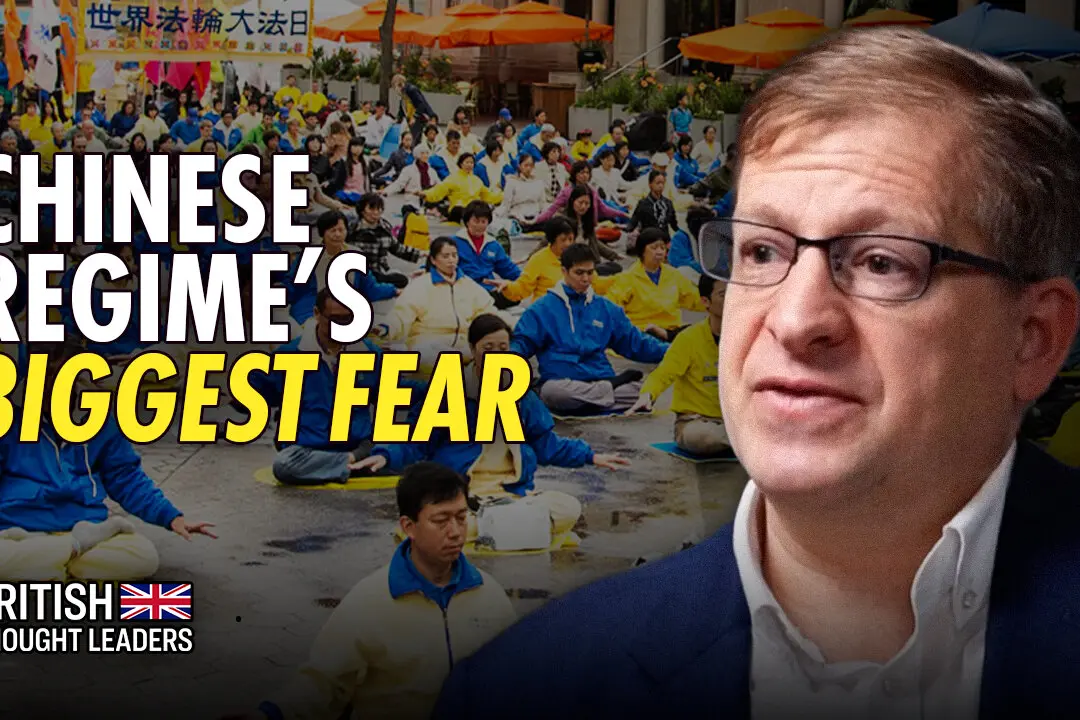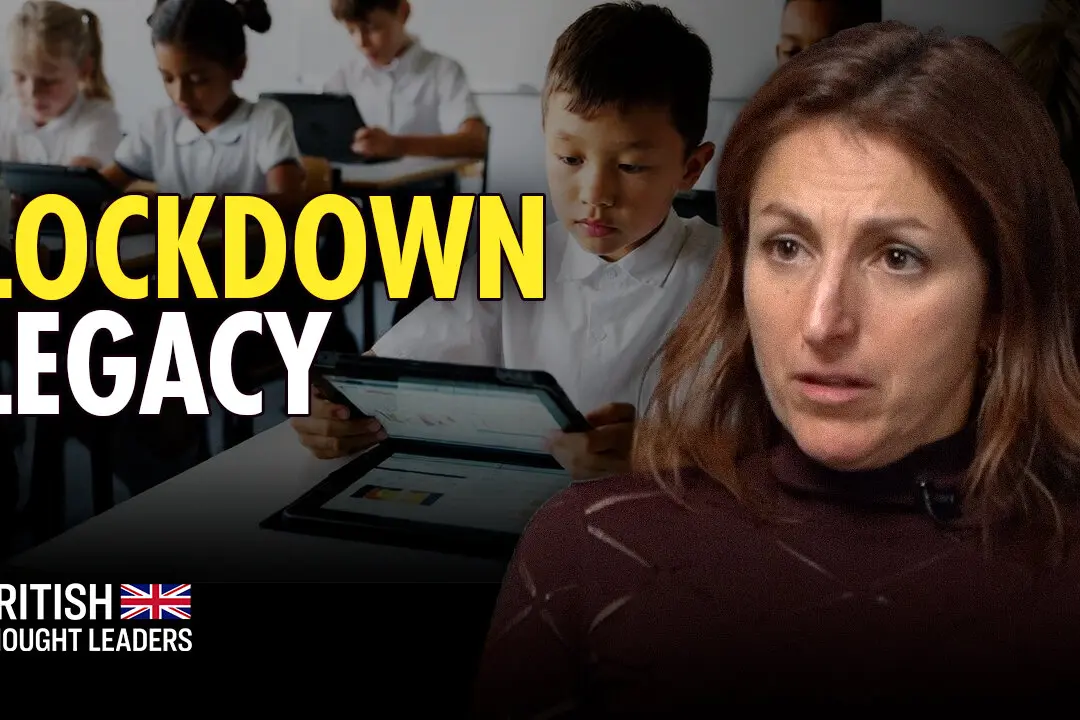One of Britain’s top gang experts has said gangs became a major problem in many British cities because the Labour government between 1997 and 2010 did not take them seriously and by the time the problem was acknowledged in 2011, after that summer’s riots, gangs were “too entrenched.”
Sheldon Thomas, a former gang member and the founder and CEO of Gangsline, said, “Gang culture in our society is a big problem.”
